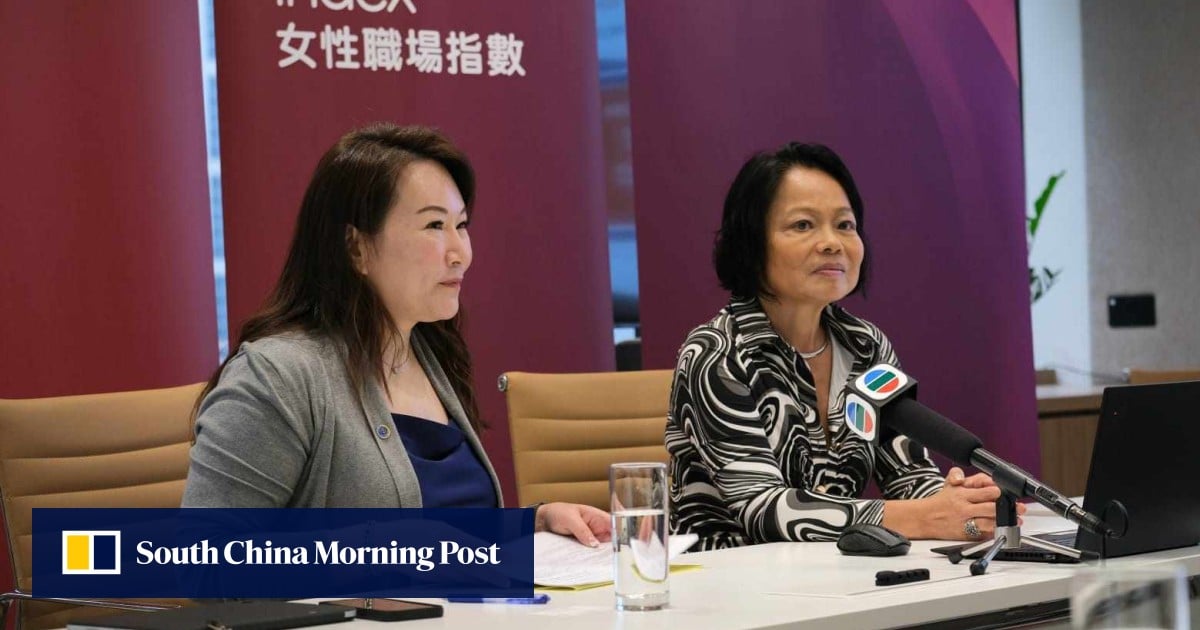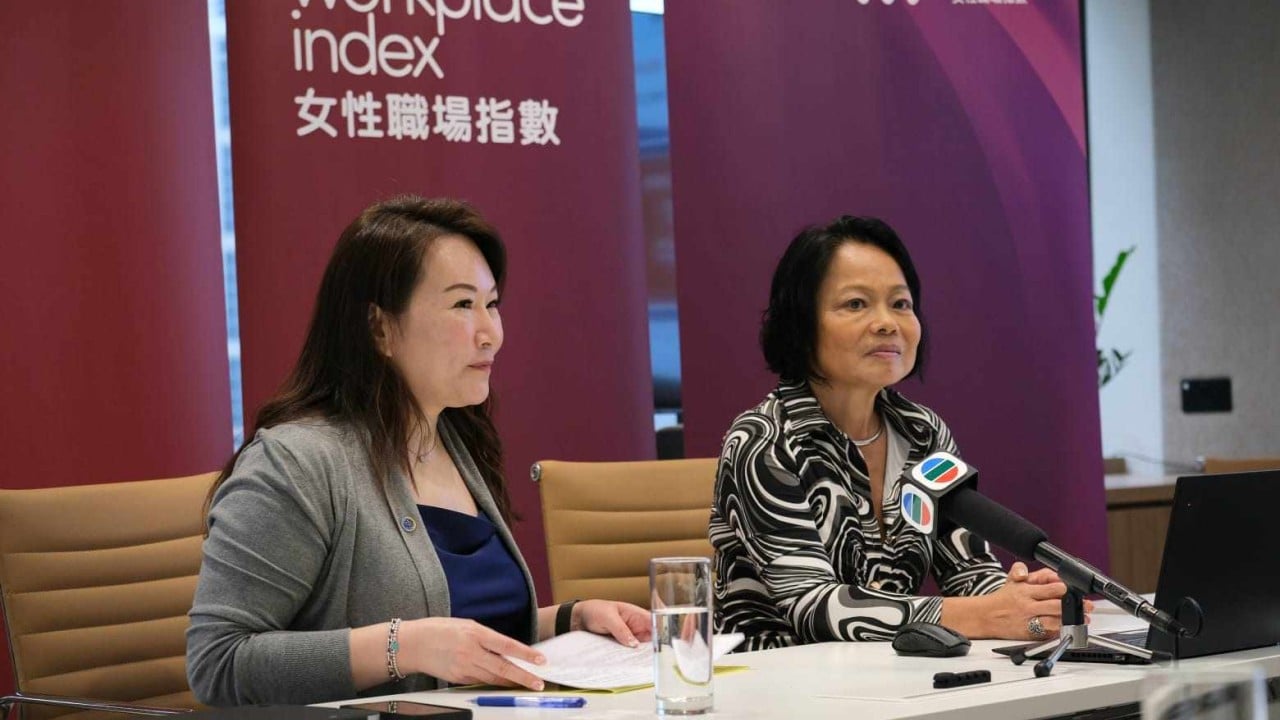
26 Mar New Women Workplace Index to track female-friendly office policies in Hong Kong, Asia

“It’s not just about representation in management,” said Nicole Yuen, the founder and CEO of WWI, citing care for the elderly, unconscious biases, sexual harassment and a lack of flexible work as examples of continued obstacles.
“There is still not much progress on making workplaces conducive for women to straddle work and caring responsibilities.”
Many organisations do track companies’ policies as part of broader corporate or environmental, social and governance (ESG) monitoring, but this is often limited to counting female representation on boards and in the C-suite.
Female leadership in Asia-Pacific firms a victim of flexible working demise
Female leadership in Asia-Pacific firms a victim of flexible working demise
Such an approach is “too simplistic”, said Yuen, who designed WWI to track the breadth of companies’ underlying policies, not just gender diversity. Focusing on disclosures, she said, helps jobseekers make more informed decisions and encourages employers to share best practices.
To begin with, WWI will approach Hong Kong-listed companies before expanding to cover other firms in the city and Asia.
Its pilot study, covering 250 listed and multinational companies in Hong Kong across a range of sectors, will be released in May. Companies that have signed up as members so far include property developer Sino Group and electricity company CLP Power, the legal firm Linklaters and the Hong Kong University of Science and Technology, which worked with WWI on its research.
Ranks of self-made women multimillionaires swell as barriers fall: Julius Baer
Ranks of self-made women multimillionaires swell as barriers fall: Julius Baer
WWI’s value-add could lie in helping people “access a consolidated pool of information that is all in one place, or that might not otherwise be public”, said Prof Virginia Harper Ho, a law professor at City University of Hong Kong who studies corporate governance and sustainability.
Betty Chan, a director for human resources at CLP Holdings, said that such policies were important for attracting and retaining talent. Jobseekers’ expectations have shifted noticeably over the past few years, especially among younger generations, she said.
“It’s not just about whether they get paid well,” Chan said. “More and more, we see people asking about social purpose and flexible work, especially since the pandemic.”
Hong Kong-listed companies see notable rise of gender diversity on boards
Hong Kong-listed companies see notable rise of gender diversity on boards
A recent World Bank report on women’s economic empowerment gave Hong Kong a good score for some supportive frameworks addressing women’s needs, such as safety and pensions. But the city lagged behind in others, scoring only 0 out of 100 for pay due to a lack of pay transparency measures, 33 for parenthood and 50 for childcare.
Meanwhile, Asian countries face the perilous combination of some of the lowest birth rates and the fastest ageing societies in the world. As such, making workplaces more supportive of women is not only about equality and empowerment, but society’s long-term sustainability, Yuen said.
“Beyond being able to track and compare the numbers across various industries, the sharing of good practice is a great way to inspire the business sector to go beyond the minimum and truly commit to creating real and lasting change,” said Tina Arcilla, a senior manager for diversity, equity and inclusion at Manulife, which has also signed up as a WWI member.
Sustainability credentials can be very important for branding and promotion, said City University’s Ho, given that companies tend to care more about how they perform relative to their peers.
But self-reporting tools also inherently attract more “first-mover” companies that are already doing well, she pointed out, and the space will need to mature to get a critical mass of companies to participate.
“Industry practice shifts when there is clear demand in the market,” Ho said.
“When consumers start to care, companies start to care.”
